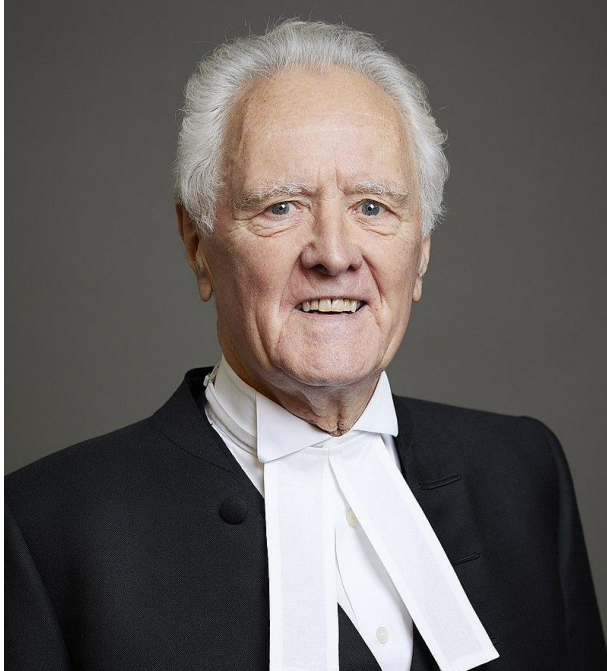THE HOUSE OF LORDS remains a subject of contention.

John Francis McFall, The Lord McFall of Alcluith, is the current Lord Speaker of the House of Lords. He is elected by the members of the House of Lords & is expected to be politically impartial. His position is similar to that of the Speaker of the House of Commons.
(Picture Credit: https://en. wikipedia.org/wiki/John_McFall%2C_Baron_ McFall_of_Alcluith Fair Use)
Critics argue that it is an outdated and undemocratic institution, pointing to the presence of hereditary peers as evidence of elitism and inherited privilege.
On the other hand, supporters highlight the valuable role it plays in examining legislation and providing a counterbalance to the House of Commons. (This is particularly so when the government of the day has an overwhelming majority & can steamroller legislation through the House of Commons.)
.
The debate over whether to reform or abolish the House of Lords often reflects broader philosophical discussions about tradition versus modernisation and meritocracy versus aristocracy.
.
With the above in mind, the first three articles in this series have examined the history & purpose of the House of Lords.
.
This is because deciding the future of the Lords requires deep analysis, thought and debate. Indeed, the very last thing we need are decisions based on kneejerk reactions.
.
We now turn to look at the three main arguments in favour of retaining the House of Lords.
.
Historical Tradition: Proponents argue that the House of Lords represents a cherished historical institution that provides continuity and stability within the British parliamentary system. It embodies centuries of tradition and a unique British heritage, which adds a layer of depth and legitimacy to the legislative process.
.
Expertise and Experience: Supporters claim that the House of Lords benefits from the diverse expertise and experience of its members, many of whom are appointed life peers with distinguished careers in various fields. This expertise allows for more thorough and informed scrutiny of legislation, contributing to more refined and effective laws.
.
Checks and Balances: The House of Lords serves as a critical check on the power of the House of Commons, ensuring that proposed legislation undergoes rigorous examination and debate. This dual-chamber system is seen as a safeguard against hasty or poorly considered laws, enhancing the overall quality of governance.
.
• To be continued.
.
• THIS ARTICLE should be read in conjunction with the following:
































